Striving for an Ecological Democracy
The Grenelle Environment Forum established to tackle the environmental challenge must take into account the need for institutional reform – summarized by the term “ecological democracy.” Yet the groups responsible for the Grenelle Environment process are missing this opportunity. For the most part, their proposals are limited to marginal reform and to merely asking the French Parliament to approve the National Strategy for Sustainable Development (NSSD).In setting out a concept of “ecological democracy”, the working group presided over by Nicole Notat set a goal to rebuild our notions of democracy to meet the needs and expectations of “new citizen”, demanding greater security, transparency and participation—a requirement which is also an obligation, as it is set out in Article 7 of the Charter for the Environment.
Despite this, “ecological democracy” remains in the far-distant future. In view of the proposals made on the statute of associations, the institutionalization of sustainable development, and the structuring of public debate, the announced changes are not likely to happen soon.
Ecological democracy must avoid two pitfalls—going too far (the uncertain materialization of “participatory democracy”) or not far enough (retaining purely consultative powers). It should nonetheless achieve real and necessary consistency by combining local and national levels with effective citizen involvement in decision-making and greater involvement in the consultative process. It would then be keeping the promises made at the Grenelle Environment Forum.





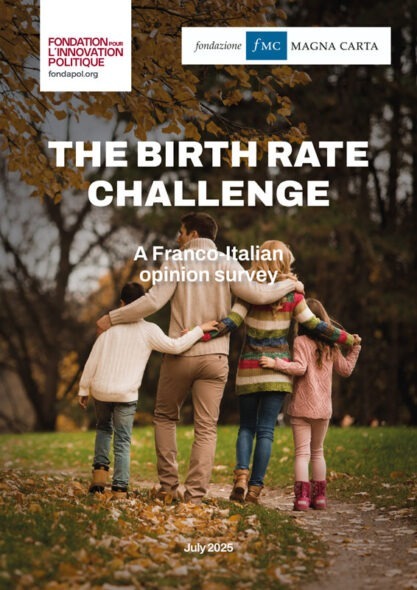
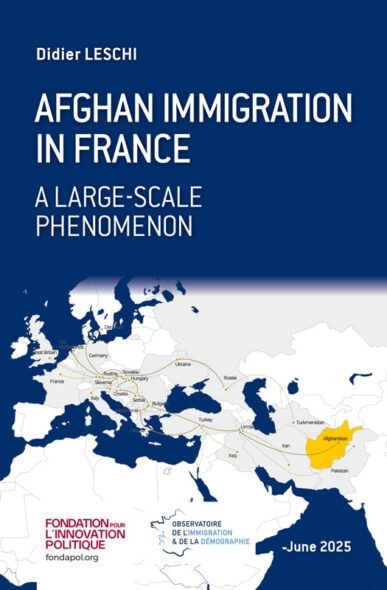
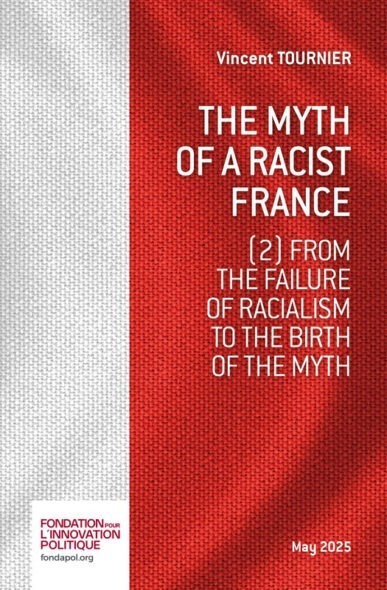

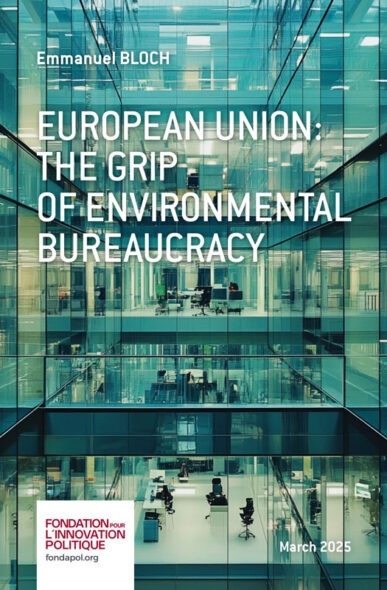


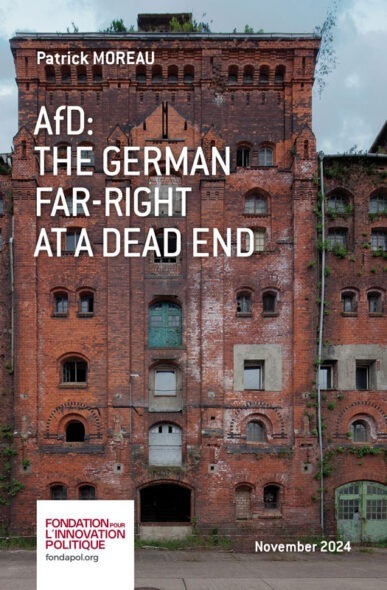
No comments.